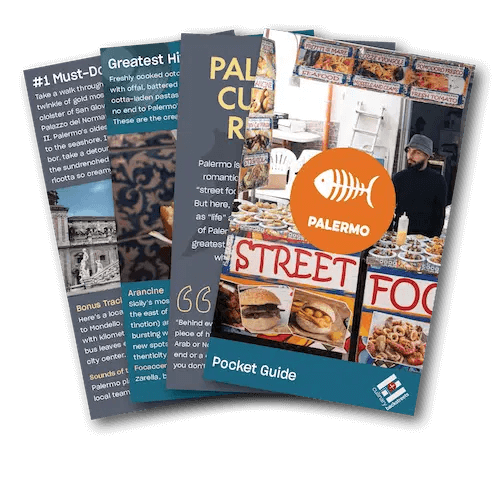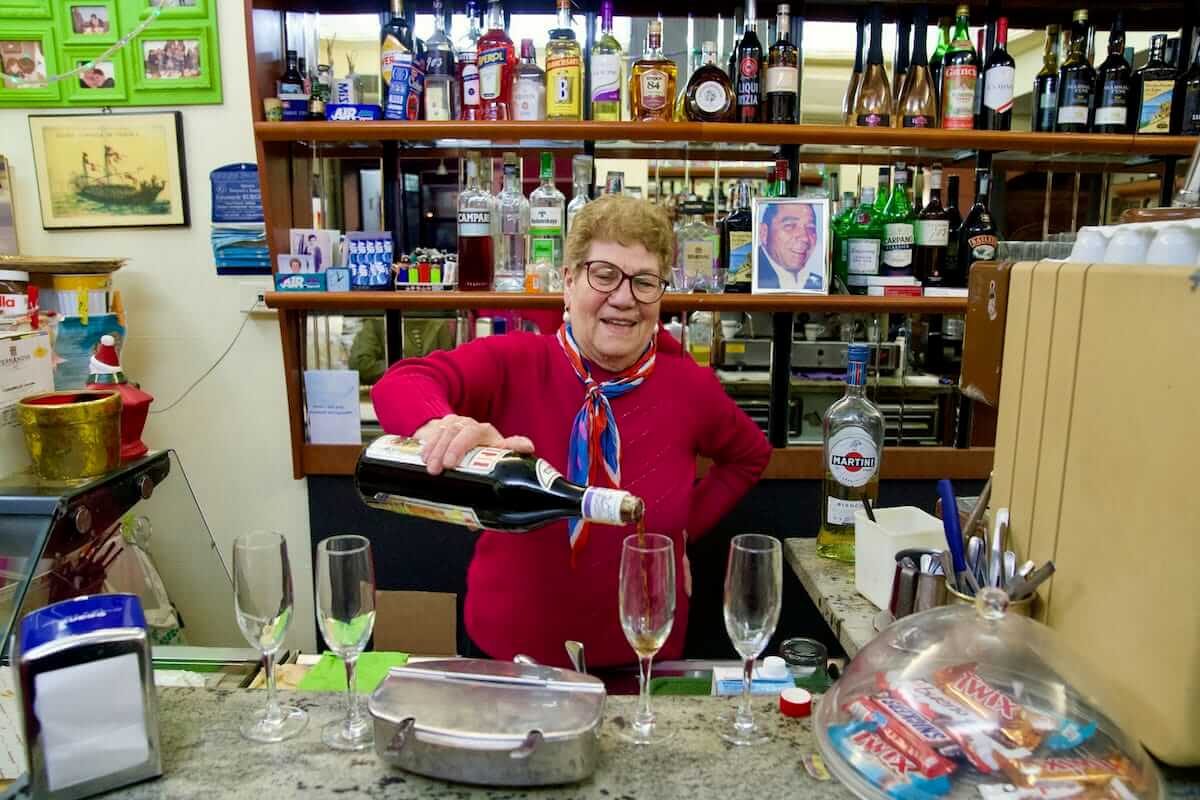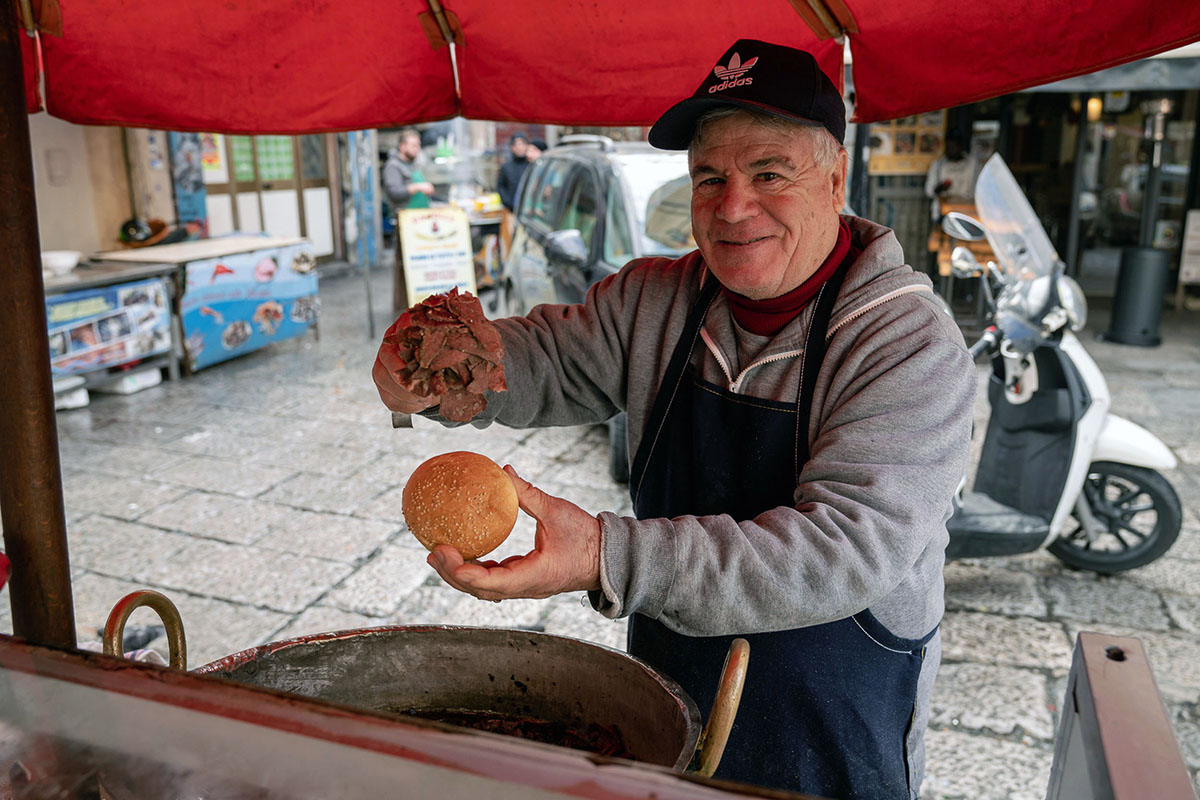We can't find the internet
Attempting to reconnect
Something went wrong!
Hang in there while we get back on track
Da Andrea: Guardian of a Slippery Tradition
We can't find the internet
Attempting to reconnect
Something went wrong!
Hang in there while we get back on track

Related Stories
We can't find the internet
Attempting to reconnect
Something went wrong!
Hang in there while we get back on track
Book our Award-Winning Palermo Food Tour

Get Your Free Palermo Pocket Guide
Introducing our pocket-sized Palermo guide — perfect for your next culinary adventure. Yours free when you sign up for our newsletter.





